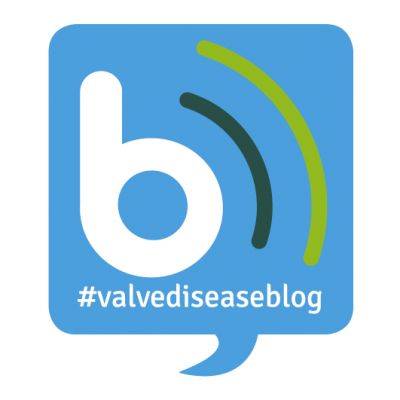
Heart Valve Voice Blog
Wednesday 16th October 2019
Having just attended the British Society of Echocardiography (BSE) conference, I wanted to look at the problems with access to echo, what is being done about it and what more needs to be done.
A recent National Echocardiology Survey found that there is an increasing strain put on departments and physiologists when conducting echo examinations. 55% of physiologists surveyed said they perform echo over 80% of their time. Nevertheless, nearly a third of departments had no physiologists trained in echo to proficiency standards and 55% of departments reported having had no other staff trained in echo to proficiency standards in the past year.
Simply put, there are not enough people trained to proficiency standards, and this lack of training is causing huge workloads for those that are.
It appears that this strain will only be deepened in the coming years. 42% of hospitals surveyed had 1 or 2 sonographers planning to retire in the next 5 years and 36% of departments reported having more than one unfilled post in their department. So, there is a worrying situation developing whereby the already strained workloads in departments are exacerbated further by the deteriorating numbers of those able to carry out examinations.
We need more professionals trained to proficiency standards in echo, as if we want an increase in the number of people examined, then there has to be an increase in those doing the examinations.
In addition to these strained departments, there are inequalities in access time and access to echo in primary care and issues in sharing images from district hospital to tertiary and then onto Multi-Disciplinary Teams (MDTs).
Part of the NHS Long-term plans to increase access is with improvements to methods and pathways in elective care. The Elective Care Development Collaborative mapped out their plan to streamline pathways in their recent report. Their key targets were:
• Improving assessment and referral processes
• Improving lack of capacity in secondary care and improving processes in outpatient clinics
• Supporting patients to share decisions and better manage their conditions
• Aid understanding to prevent future harm and improve quality of life
This transformation of elective care will be key to improving access to echocardiography. With echo included in the NHS 10 Year Plan, it is heartening to see reports with detailed ideas to tackle the developing issue of cardiovascular disease.
Our role at Heart Valve Voice will be to work with clinicians and practices to think about how we can collaborate to improve patient pathways.
In 2020 we will join a Taskforce on networks and new models of care - with access to echo as its main priority. Our power is strengthened by collaborative working - so creating networks between GPs, MDTs and outpatient clinics will help to streamline the patient pathway and deliver the right detection and treatment in the quickest time.
We will also be working with the BSE on a series of focus sessions on how we deliver the correct patient pathways in the most efficient way. We want to create a culture of efficiency and delivery, with focus sessions helping us to deliver our information to the right people and begin to change mindsets.
In collaboration with BSE we will deliver parliamentary questions to ensure that echo is continuously included in conversations about the structural changes needed to tackle cardiovascular disease. Being part of the 10-year plan is a start, but continued involvement in discussions about policy is key to improving access and patient pathways.
One of our most important upcoming campaigns, and one that I am very passionate about, is our Flu Jab campaign. The flu jab is a fixed event each year for over-65s when we want to implement digital stethoscope checks and perhaps a hand-held echo screening process. We believe that this would lead to a substantial increase in early detection of heart valve disease, as well as a decrease in the number of cases of severe heart valve disease. I have been working with primary care and services across the country to try and roll out a trial of this system this year and I am very enthusiastic about the future potential of this style of screening process.
The NHS Long Term Plan has identified heart and circulatory disease as the condition where the NHS can save the most lives and prevent 150,000 heart attacks, strokes and dementia cases over the next 10 years. Access to echo will be front and centre in this battle against heart and circulatory disease. If we diversify where we are delivering echo and streamline patient pathways and elective care models, I have no doubt we will help people live longer and better lives.
Our #valvediseaseblog is written by our CEO Wil Woan
